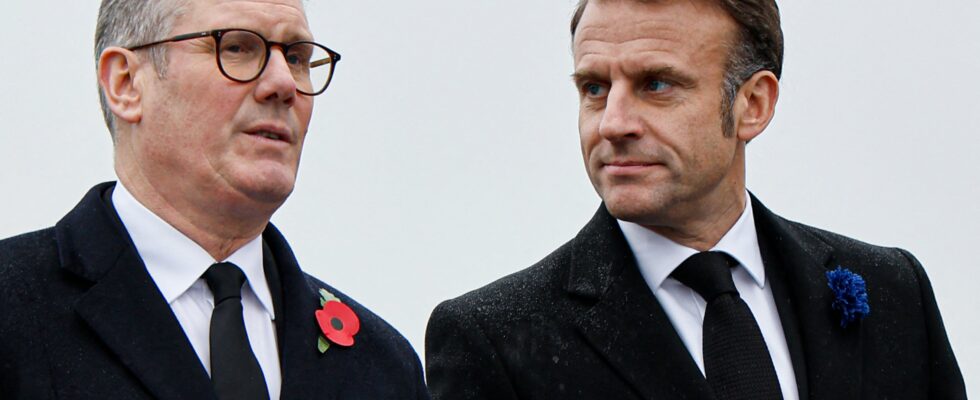When Donald Trump returns – and in what conditions! –, where is the prospect of true European strategic autonomy, rightly defended by France? In limbo, for the following three reasons.
Firstly, the European Union did not originally have a political or, consequently, a military vocation. The Treaty of Rome of 1957 and, before it, the Economic Community of Coal and Steel (France-FRG-Benelux), then the European Economic Community, had the economy as their almost exclusive basis, and that is always good NATO which constitutes the defense of the continent. However, more than 80% of the expenditure and military capabilities of the North Atlantic Treaty (which has 32 members, almost all Europeans!) are American; we cannot blame the EU’s military weakness in the face of Russian aggression.
Secondly, a Europe-power comes up against two pitfalls: firstly, most of the members swear only by NATO and Washington as life insurance – particularly in the east against Russia –, then the Germany does not want to hear about it seriously. Since 1945, German public opinion and leaders, as if afraid of themselves, have absolutely refused to assume the use of power again. The German army, with some exceptions, does not plan ahead (1949 Constitution), and it only acquires American heavy equipment, almost never French, British, Swedish or Italian. Recently, several European military industrial projects have been shunned by Berlin, and of the 100 billion dollars recently released for defense by Olaf Scholz, almost all of it has already been allocated to the purchase of American equipment.
The “privileged relationship” is in trouble
Thirdly, Washington maintains less and less, president after president and since at least Barack Obama, its “privileged relationship” with London, and it is certainly not the Trump No. 2-Musk team that will reverse the trend! The pitiful withdrawal from Kabul in 2021, the American refusal of a sort of economic merger with the United Kingdom (ridiculous Brexit promise from the appalling Boris Johnson) in 2023, Trump’s defiant posture and his detestation of Labor in office for four years at least, etc. : everything confirms it.
In such a plan, it is imperative to strengthen the Franco-British alliance.
On the one hand, such a strategic tandem corresponds to 2 permanent votes out of 5 in the Security Council, to the third potential nuclear strike force (if the Russian arsenal is really in good working order…), the first maritime domain in world, considerable diplomatic synergy in Africa, the Middle East, the Indo-Pacific and of course in Europe, and a lucrative reduction in the manufacturing costs of certain weapons through pooling. On the other hand, our two States are already very close on the demographic, institutional, geographical and even diplomatic levels, with increasingly similar approaches.
Strategic core
A fad? Certainly not! Already in 1998, in Saint-Malo, Jacques Chirac and Tony Blair signed a reinforced partnership agreement, which would be affected by the Iraqi disagreement of 2003. In 2010, it was the Lancaster House treaty which succeeded it and still exists, particularly in terms of of nuclear cooperation. Do the British remain very attached to the Atlantic Alliance? Very good (and us too) but, first, they realize the American distance already mentioned, then it is not a question of replacing NATO but of acquiring a strategic autonomy that does not exist hardly any today. Thus, faced with common threats (not perceived as such by Washington), London and Paris could constitute a credible strategic core on a global scale – one in which only these powers, in Europe, can and want to claim to play a major role – around which other friendly states, notably European ones, could also be grouped, in ad hoc diplomatic or military missions. Already, since the Libyan crisis of March 2011, the two allies have frequently submitted joint resolutions to the Security Council.
This strategic alliance, for lack of an alternative in a changing geopolitical world, would allow European spaces, values and interests to be credibly defended.
Frédéric Encel, columnist at L’Express, author of a doctoral thesis on Jerusalem, published under the title “Geopolitics of Jerusalem” (Flammarion, 2009).
.
